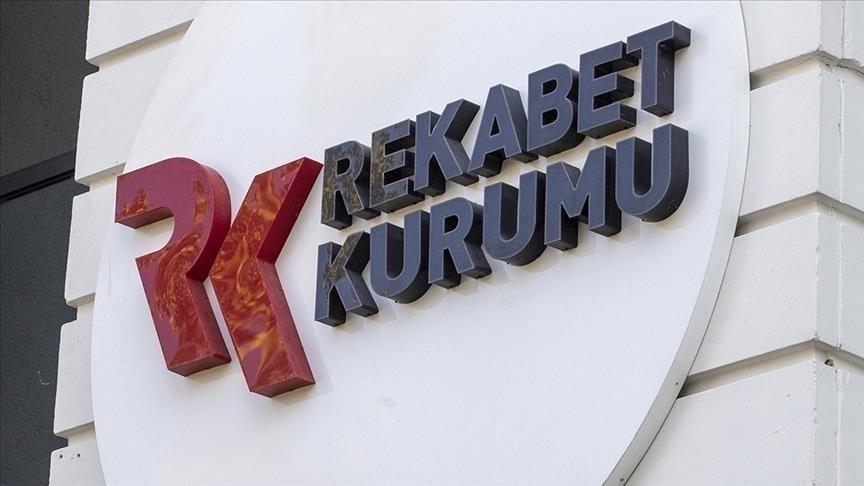Return of goddess statue eagerly awaited in Afyonkarahisar
AFYONKARAHİSAR

The Kybele statue, which was smuggled to Israel after being unearthed during a road construction in 1964 in the western province of Afyonkarahisar’s Çavdarlı district, has caused great excitement in its hometown after news that it would be brought back to Turkey and be displayed at a museum in the city.
“The city residents are very happy about the statue. We are looking forward to it,” said Afyonkarahisar Governor Gökmen Çiçek.
The 1,700-year-old Anatolian mother goddess, which was seized when an auction house attempted to sell it in the U.S., was returned to its homeland with the great efforts of the Turkish Culture and Tourism Ministry and Foreign Ministry.
A symbol of fertility in prehistoric times, the Kybele statue will be moved to a new museum, which is under construction in Afyonkarahisar, after being displayed at the Archaeology Museum in Istanbul for a while.
Stating that they were very pleased about the return of the statue, Çiçek said, “Afyonkarahisar is home to many precious artifacts. The statue of Kybele, which was stolen from our city 60 years ago, is magnificent, and many of our residents have already seen it in the press. After 60 years, it was brought back to Turkey, especially with the contributions of Culture and Tourism Ministry, and it will be here soon. We are very excited about the statue.”
On the other hand, a new tender was held on Dec. 15 for the new archaeological museum that is under construction in Afyonkarahisar. The new museum, which is expected to be completed quickly after the tender, is expected to host many historical artifacts in the city. The Kybele statue will also be exhibited in this museum. The new museum will include historical artifacts from excavations carried out in three mounds in Bolvadin, in the ancient city of Apamia in Dinar since 1989 and in the ancient city of Amorium in Emirdağ.
The statue is believed to be dating back to the 3rd century A.D. and was originated in the Anatolian territory according to the inscriptions and its typological features. Turkish authorities said the return process of the statue began after their Israeli counterparts got in touch about the item’s sale.
Kybele was a “mother” goddess of fertility and was regarded as the mistress of wild nature, historians argue, and that its origins date back to the 8th century B.C. The influence of the goddess was present in the Mediterranean basin, especially Anatolia.
The lions on both sides of the Kybele, worshipped since prehistoric times, indicate the mother goddess’ dominance over both nature and animals. According to its inscription, the statue was presented to the 12 major Greek deities as an offering. “Hermeios’ son, Asclepiades from Sideropolis, erected the votive statue to Twelve Olympians,” is written on the statue.
















